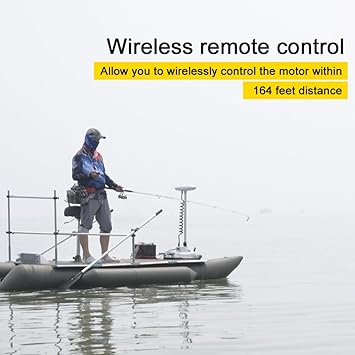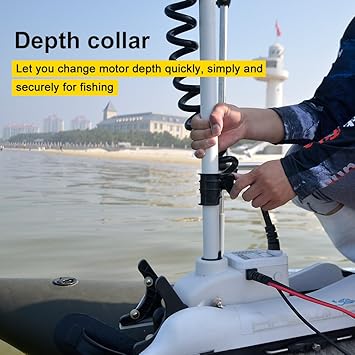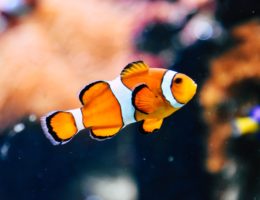Water is the one and only home of fish. They live there, feed there, and do their activity there. It’s the one place they can survive at their best, but what if they are thrown out of their home. What if someone accidentally takes the fish out of the water.
How long can a fish live out of water? As water is their only home, fish can die quickly because of suffocation without water. Therefore, it will be much better if your pet fish is safely transferred into a small bowl if you are changing the tank water.
How does fish breathe underwater?

Many aquatic animals, including fish, need water for their survival. But just like humans, fish are dependent on oxygen too. If not all, most of the fish fulfill their oxygen requirement from the water, which is when gills come to work.
Fish have a unique respiratory system that lets them get oxygen from water. The respiratory system of fish uses gills to extract oxygen from water with the help of small blood vessels present on the surface of the gills. The waste is discharged out using the gills too.
Fish also let them get swayed by the water current to save their oxygen supply and energy. So when a fish is outside of water, its gills won’t be able to find water for oxygen and will eventually collapse.
How long can fish live out of water?
It’s important to understand under which conditions a fish is to determine how long it can live out of water. For example, a fish living in an aquarium suddenly jumps out of it and lands on a surface (non-absorbent) along with some of the water from the tank. So as long as the fish’s gills stay moist, they can survive by extracting oxygen from it.
Let’s look at each type of fish and how long they can survive out of water.
Pet Fish
Pet fish like rainbowfish and goldfish don’t have much strength compared to saltwater fish. Plus, their gills are more fragile, and body is smaller. That’s why they can die immediately from suffocation once they get out of the water. So if you’re changing the water of the tank, make sure you’re keeping your pet fish in another tank while changing water.
Mangrove Killifish
Mangrove rivulus or mangrove killifish are amphibians so that they can live without water for about a month. As per research, they can still absorb oxygen through their skin when out of the water. They are capable of storing oxygen too. When they are in the water again, they use their gills back again for oxygen supply.
Large Ocean Fish
You must have seen some fish above the surface of the water. We’re talking about beluga whales, short-beaked dolphins, sperm whales, blue whales, and other big underwater creatures. In reality, they are mammals and are often confused with fish as they live in the ocean.
Mammals have lungs and can hold their breath underwater for a long time. They can also survive for months on land but have to go back to the water to support their bodies; otherwise, their organs will be crushed with their weight. That’s why they keep hopping between water and land.
Mudskippers
Mudskippers are also amphibian fish with a small size. So they can survive without water for most of their lives. In addition, blood vessels are present on their skin surface, making it easy for them to get oxygen supply without actively using their lungs or gills.
Walking Catfish
This fish species is unique as it has an extra organ that helps the gills extract oxygen from the air humans breathe. Further, they can wiggle or walk on land by moving their bodies and forcing themselves forward with pectoral fins. So you can notice a walking catfish or a bunch of them on the road after a huge rainstorm.
Rockskipper Fish
Rockskipper fish, also called coral blenny, are freshwater fishes. They are famous for skipping or jumping from one pool of water to another in search of new habitats and mates. That means they can easily live on land for some hours. They are usually found hiding under rocks or shallow pools.
Lungfish
Very rare and unique species, lungfish thrive in freshwaters like rivers and lakes. They might be the only species of fish with a complete internal skeleton, lungs, lobbed fins and can breathe on land. They utilize both their gills and lungs since the environment they live in tends to dry up soon. That’s when they go into aestivation, a stage when they solely use their lungs for oxygen supply and survive up to 4 years.
Snakehead Fish
Snakehead fish is amphibious and come across as predators. They have a carnivorous diet, feeding frogs, small fishes, and even rats. Some types of snakehead fish can live on land for about 6 days, while others can live for months in search of a new habitat.
Eels
These are ray-finned, elongated fishes commonly found crawling on rocky and sandy surfaces. Eels can also jump over obstacles while going upstream, like dams. They can breathe through their skin. They live in mud and shallow water or hide in rocks.
Climbing Perch
Like lungfish, climbing perch have both lungs and gills, which makes them survive in hardy environments. However, they are known as invasive species, which means they will take over other territories by simply storing themselves in fishing boats to get to another territory.
Factors affecting the survival duration of fish out of water
Several factors can affect how long a fish will be able to live without water.
1. Metabolic Rates
Metabolic rate means the oxygen consumption capability of fish and also tells the amount of energy needed by a fish to be alive. The metabolic rate of a fish can depend on environmental conditions like temperature. This can also have an impact on their body temperature. For example, fish that live in cold temperatures or conditions have slower metabolic rates. That means they can survive without water for a much longer time.
2. Species
Amphibious fish of any type can live on land for hours, days, months, or even years, all thanks to their bodily mechanism, which allows them to tolerate harsh conditions. On the other hand, pet fish can barely survive out of water for a minute.
3. Oxygen Demand
Lower metabolic rates mean lower oxygen demand which means they can live without water for a long time.
Why do fishes leave water?
Well, if it’s your pet fish, it will not leave its aquarium intentionally; it might jump out of it accidentally while moving around. So if you’re there in the room, immediately put the fish back in the aquarium to save its life. Otherwise, keep the aquarium’s lid closed while you’re out of the room.
Whereas, apart from pet fish, some unique fish might leave water due to the possible reasons:
- To stay away from the polluted water or if the water has less oxygen.
- In search of food or mates if their current environment is drying up.
- To protect themselves from predators.
- To get out of water that’s slowly heating up.
Top 10 Best Trolling Motor Battery 2022 (Ultimate Guide)









